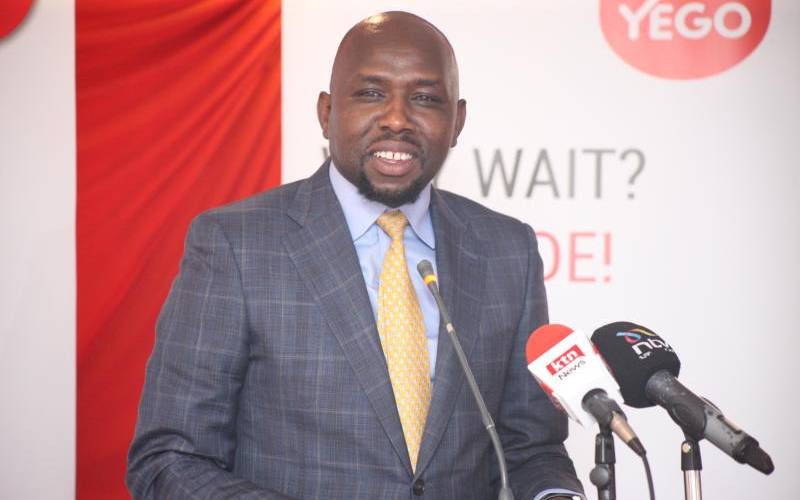×
The Standard e-Paper
Stay Informed, Even Offline

Transport CS Kipchumba Murkomen CS speaking during YEGO mobility Kenya launch on May 5, 2023. [Wilberforce Okwiri,Standard]
Engineers across the country will be expected to register with the government for any project they are handling.